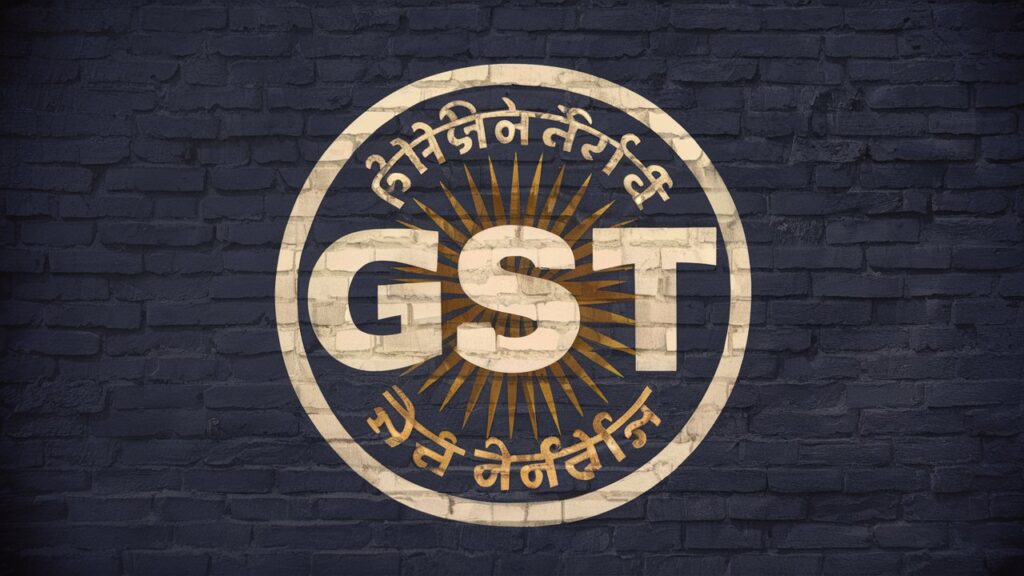The Goods and Services Tax (GST) in India, while a significant reform, necessitates a comprehensive overhaul to truly embody the ‘one nation, one tax’ ethos. The impending GST Council meeting presents an opportunity for the Centre and states to collaboratively address the inherent complexities and broaden the scope of this pivotal tax regime.
GST’s Unfulfilled Promises: A Need for Streamlined Implementation
The inception of GST was heralded as a transformative measure, poised to simplify indirect taxation, eliminate tax favoritism, mitigate the cascading effect of taxes, and foster formalization of businesses. It aimed to streamline value chains, reduce costs, and enhance efficiency through greater specialization. However, the multiplicity of rate brackets has impeded its role as the ‘great simplifier.’
Proposed Reforms: Rationalizing GST Slabs and Expanding Coverage
To achieve a truly simplified GST system, a maximum of three slabs is recommended, with a standard rate for the majority of items, and one slab each for exceptionally taxed or exempt items. This rationalization would not only enhance transparency but also mitigate potential distortions caused by hidden interests.

Broadening the GST Net: Inclusion of Fuel, Liquor, and More
While the current GST collections approach ₹2 trillion, there exists fiscal space to simplify and expand the tax net. This entails the inclusion of currently exempt items like fuel and liquor, a move that has been met with resistance from states apprehensive of revenue loss.
Addressing State Concerns and Ensuring a Win-Win Scenario
To address state concerns, a larger share of the divisible tax pool or a GST split exceeding 50% could be offered. A phased elimination of cesses, currently inaccessible to states, could further incentivize their participation.
Conclusion
The GST, in its current state, has not realized its full potential. Urgent and collaborative action by the Centre and states is imperative to rectify its shortcomings, ensuring it evolves into a ‘good and simple tax’ that truly benefits the Indian economy.
Key Learning Points:
| Point | Description |
|---|---|
| GST Reform Urgency | India’s GST needs immediate reforms to fulfill its initial promises. |
| Rationalization of GST Slabs | The current multiple slabs should be reduced to a maximum of three for greater simplicity. |
| Inclusion of Exempt Items | Fuel, liquor, and other currently exempt items should be brought under the GST ambit. |
| Addressing State Concerns | A larger share of the tax pool and the elimination of cesses could incentivize states to participate. |
| Collaborative Action | The Centre and states must work together to implement these reforms. |
Advanced Vocabulary:
| Term | Meaning |
|---|---|
| Inception | The beginning of something. |
| Heralded | Praised or announced publicly. |
| Mitigate | Make (something bad) less severe, serious, or painful. |
| Foster | Encourage the development of (something, especially something desirable). |
| Impediment | A hindrance or obstruction in doing something. |
| Rationalization | The action of attempting to explain or justify behavior or an attitude with logical reasons, even if these are not appropriate. |
| Ambit | The scope, extent, or bounds of something. |

Sunil Garnayak is an expert in Indian news with extensive knowledge of the nation’s political, social, and economic landscape and international relations. With years of experience in journalism, Sunil delivers in-depth analysis and accurate reporting that keeps readers informed about the latest developments in India. His commitment to factual accuracy and nuanced storytelling ensures that his articles provide valuable insights into the country’s most pressing issues.



